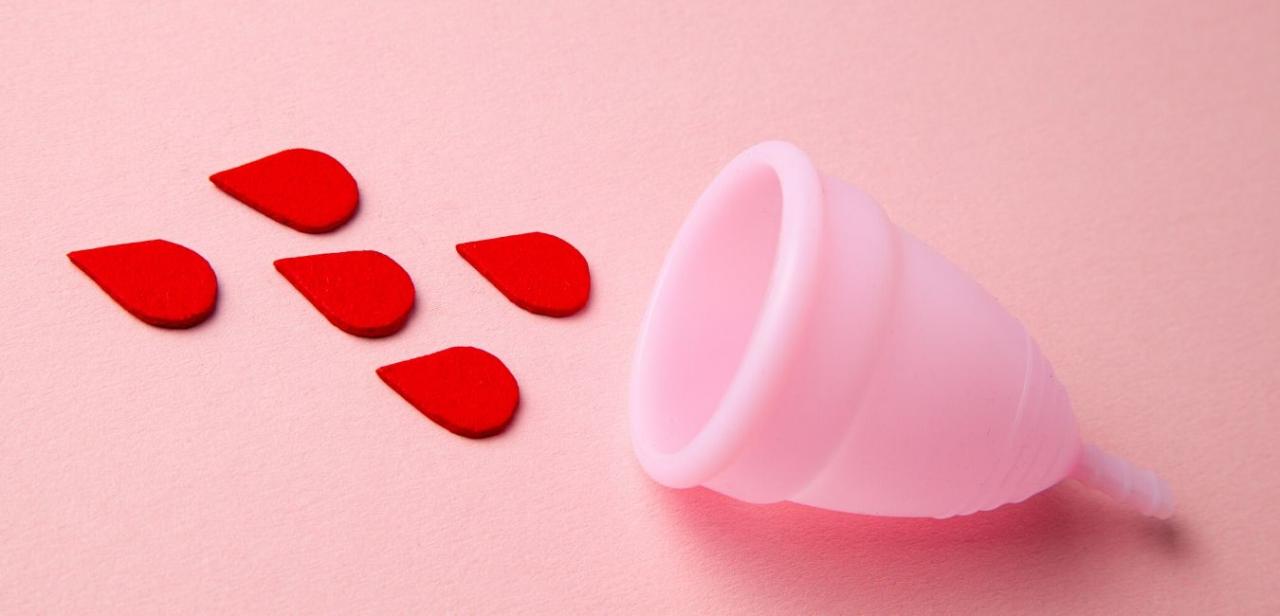Given how the whole world is going green and environmentally friendly, it’s no surprise that plastic is in need of an overhaul. Many consumers (and companies) are pushing for “BPA-Free” plastic. BPA stands for bisphenol-A, which is a component used to harden plastic such as in bottles or food containers.
Why is this chemical such a problem?
Many believe that BPA is an endocrine disrupter, meaning that it interferes with or mimics your body’s natural hormone production and endocrine system. This is especially a problem in young developing children and those with endocrine problems. Additionally, some research shows that it interferes with the thyroid, could potentiate cancer, cause neurological issues, damage DNA, alter reproduction/fertility, and may lead to heart and intestinal problems.
There are several groups doing more research on BPA in order to determine exactly how it acts within the human body and the National Institute of Environmental Health Sciences has started 11 new animal studies.
Canada is actively planning to ban baby bottles with BPA and the state of California is potentially not far behind. Already several companies are making containers BPA free and often include a label that states as much. In fact, I just bought a new hard plastic cup with a straw for my smoothies and it is BPA free, however I also have a glass bottle from which I drink water as I don’t fully trust plastic water bottles.
When looking at the bottom of your plastic container, there is often a triangle symbol with a number in the middle. According to companies, numbers 1, 2, 4, 5, and 6 do not contain bisphenol-A. If you do have a container with BPA, do not heat it in the microwave or put hot food or drinks inside as it can leach the chemical out into your food or drink. Avoid using plastic wrap on hot food (or heating it up in the microwave), and transfer frozen meals onto a real plate or bowl for re-heating. Make sure to check baby bottles, sippy cups and pacifiers.
More research needs to happen, however if you are having any hormonal issues, endocrine problems, thyroid, heart, fertility or cancer issues then I would advise you to go BPA free.






Add a CommentComments
There are no comments yet. Be the first one and get the conversation started!